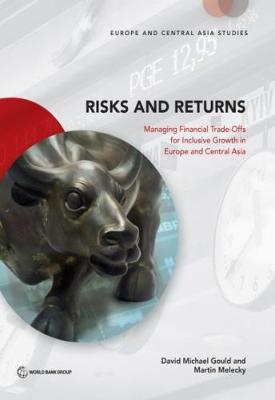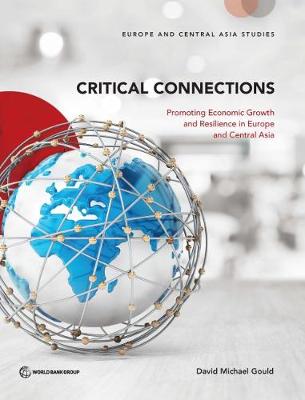Europe and Central Asia studies
2 total works
During the 1990s, Emerging Europe and Central Asia (ECA) chose a model of rapid financial development emphasizing bank credit expansion often funded by foreign capital. Although boosting financial inclusion of firms and households, the model was accompanied by lower efficiency and increased financial vulnerability. After two waves of crises, in the late 1990s and after 2008, ECA's banking systems again face major stress. The crises and stresses have eroded trust in banks and job creation in credit-dependent firms. ECA's shallow and illiquid capital markets offer no additional support. Stagnating income growth, particularly of middle- to lower-income earners, has led to increasing dissatisfaction with low productivity growth and limited opportunities. This frustration provides the impetus for reshaping financial policies. A healthy and balanced financial sector could strengthen structural adjustment in ECA's eastern, oil-dependent economies and innovation in its western countries. Risks and Returns: Managing Financial Trade-Offs for Inclusive Growth in Europe and Central Asia argues for reaching beyond increasing access to credit. ECA countries must build integrated financial systems, enabling prudent financial inclusion in a region significantly lagging in the use of saving products. Striking the right balance across all dimensions of financial development (stability, efficiency, inclusion, and overall depth) is crucial for achieving and sustaining inclusive growth. Redesigning financial policy involves addressing trade-offs often overlooked in the past. Too much credit and imprudent financial inclusion have led to banking crises. Overly stringent regulation to foster financial stability has hindered inclusion and efficiency gains. Both shortfalls have had negative consequences for shared prosperity. Risks and Returns discusses tools and approaches to help policy makers achieve balanced financial development.

